Lab Hacks to Make Your Scientific Life Easier
Published in Microbiology, Neuroscience, and Cell & Molecular Biology
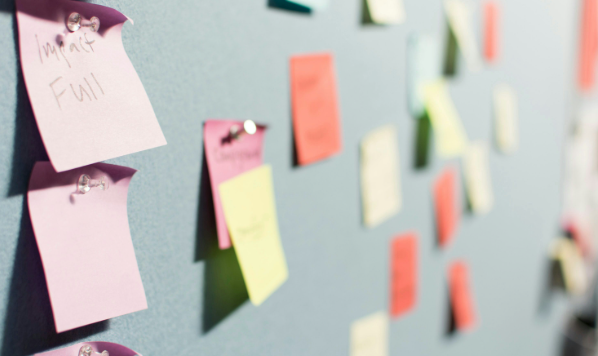
Over the past year, Nature’s Careers team has been gathering clever, time-saving tips from scientists around the world, including quick fixes passed on at conferences and ideas spotted in their career columns. The result is a fantastic collection of 99 hacks designed to make your scientific life that little bit easier.
Below, we’re sharing some of our favourites. There’s something here for everyone.
Simple hacks, big impact
Some tips are so straightforward you’ll wish you’d thought of them sooner, including our favourites:
-
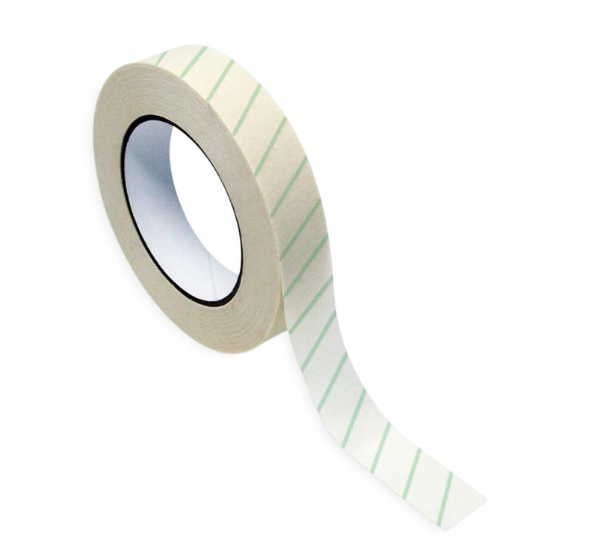 Date every notice on your lab board to avoid confusion
Date every notice on your lab board to avoid confusion
- Fold over the end of autoclave tape to make labels easier to peel later
- Repurpose bulldog clips as pipette holders
Work smarter with tech
One hack suggests following the ‘hour-a-week' rule: if a task takes more than 60 minutes of your time, automate it. From Excel calculations to data wrangling, it’s worth investing in efficiency. And don’t overlook tools like GitHub, it’s not just for coding, but for managing projects and lab admin too.
Researchers are also getting creative with AI, using it to teach coding, design simulations, or even turn scientific literature into podcasts.
Do you have any opinions on AI which you'd like to share with us? Join our discussion asking 'is using AI in research helpful or harmful'.
The human side of lab life
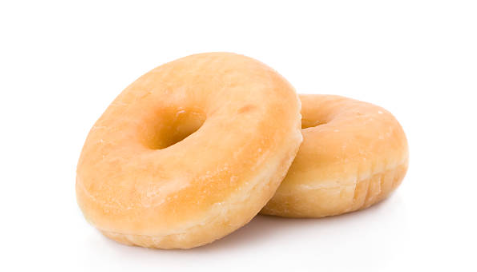 Not all hacks are about efficiency. Some are about connection. One lab celebrates every ‘revise and resubmit’ with doughnuts. Another draws an apple tree of project goals, colouring in the fruit as milestones are reached.
Not all hacks are about efficiency. Some are about connection. One lab celebrates every ‘revise and resubmit’ with doughnuts. Another draws an apple tree of project goals, colouring in the fruit as milestones are reached.
And for marathon conference days? Don’t forget your clicker, or a folding stool to survive long poster sessions.
Some personal favourites from the list:
📢 Turn your lectures into podcasts
Record and share your lectures using simple apps such as Voice Memos or Sound Recorder. You’ll reach more students, and they’ll thank you for the flexibility to listen on the go.
🌳 Fresh air fixes fatigue
If you find yourself dozing off in a lecture or at a conference, it might not just be the topic, low oxygen could be to blame. Prop open a door or step outside to recharge.
🔥Hot things can look cold
As one chemist wisely warns: “Thinky think before grabby grab.”
📰Set up onboarding and offboarding rules
Establish clear systems for welcoming new lab members and handling departing ones. Document, store, or archive data properly, your future self will thank you.
Not every hack will suit everyone, but together they show how scientists continually find smart, inventive ways to save time, stay organised, and support one another.
Got a tried-and-tested trick of your own? We’d love to hear it! Share it in the comments below.
🧪 Read the full post here 🧪
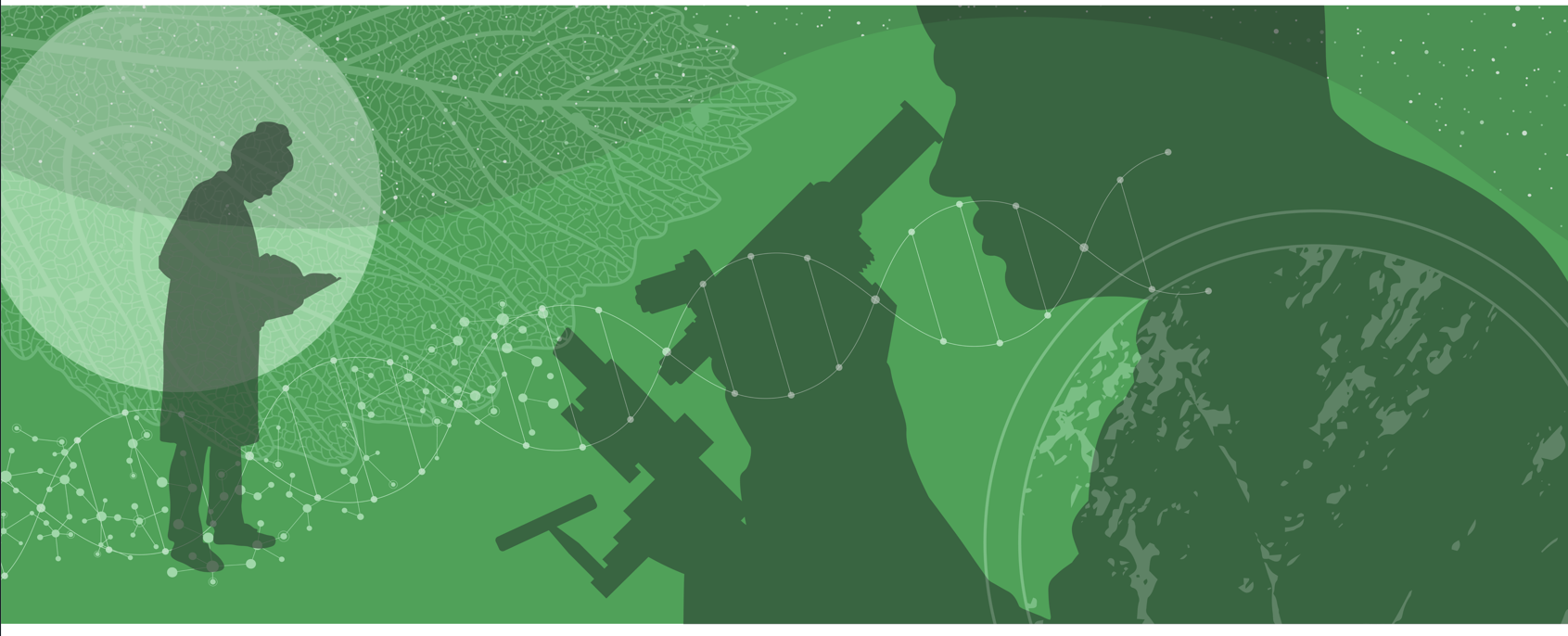
Visit the ECR Hub
Looking for more ideas to help you thrive as an early-career researcher?
Visit the ECR Hub, a dedicated space where you can explore stories, insights and practical advice from researchers around the world. The ECR is full of guidance on publishing, career development and everyday lab life to support you on your journey.
Follow the Topic
Ask the Editor - Immunology, Pathogenesis, Inflammation and Innate Immunity
Got a question for the editor about the complement system in health and disease? Ask it here!
Continue reading announcement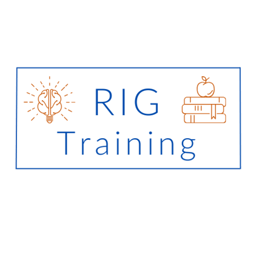

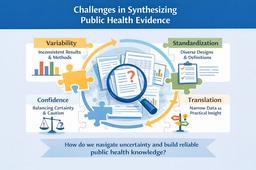
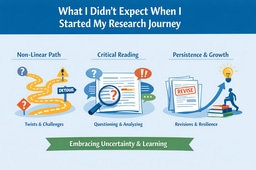
Please sign in or register for FREE
If you are a registered user on Research Communities by Springer Nature, please sign in
I am engaged in engineering sciences and keep reading related matter covering innovations. I write papers and articles and am an ORCID member. To resolve grey areas in engineering design, implementation is my interest.
I find there is a lot of interest shown by people in general and researchers in AI. AI is sure a way forward to open avenues to all fields man delves into to find solutions. There is a temptation to use it every now and then. However, it is our trained pilot and knows what is in public domain. For innovation, we have to use our ideas and nuances we can locate in the processes we encounter with to innovate. AI cannot conceptualise, as of today, for us. It does not know what is in our thinking. Man's originality will ever remain.
I have published a few articles/papers/discussions. A few are with various publishers under processing.
I would be happy to interact on engineering matters whenever opportunity arises.
Regards,
Vijay Kumar Khanna
Hello everyone, I am a researcher(Ph.D) from Lagos University, Nigeria. I am currently working on synthesis of metal based nanoparticles, characterization and their physiological applications as flora - based fertilizers , osmoprotectants and as preservatives.